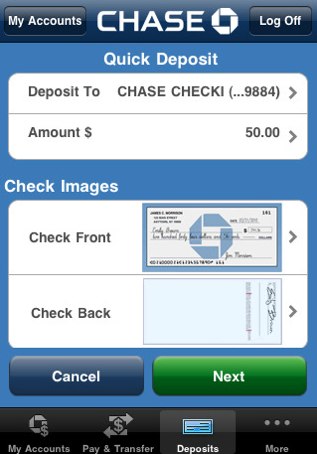Many banks and credit unions that support military personnel and their families are announcing that they will continue to honor direct deposits and other cash advances in the case of a government default.
Pentagon Federal Credit Union has announced that military or civilian employees and retirees of the federal government, as well as Social Security recipients will receive their regularly scheduled payments in August even if the government defaults. Members will have to repay these advances within 90 days of when the advance was made.
Navy Federal Credit Union is offering a similar program to all of its members. Navy will also have counselors available to work out loan payments should its members have trouble.
Although not a credit union, USAA is providing the following support:
- A one-time payroll advance for payroll scheduled to be deposited on August 15 for active duty military personnel, including activated Guard and Reserves.
- Waive property and casualty insurance policy late fees or bank nonsufficient fund fees and suspend nonpayment cancellations for members who are on active duty, including those actively serving the Guard and Reserve, for 30 days where legally permitted.
- For non-active members, USAA will offer special payment arrangements on loans, waiver of credit card late fees, refunds for non-sufficient funds and overdrafts, lines of credit increases.
If you are a government employee who thinks your pay check might be in jeapordy, check with your agency credit union to see if they will advance funds or be flexible with your payments.

